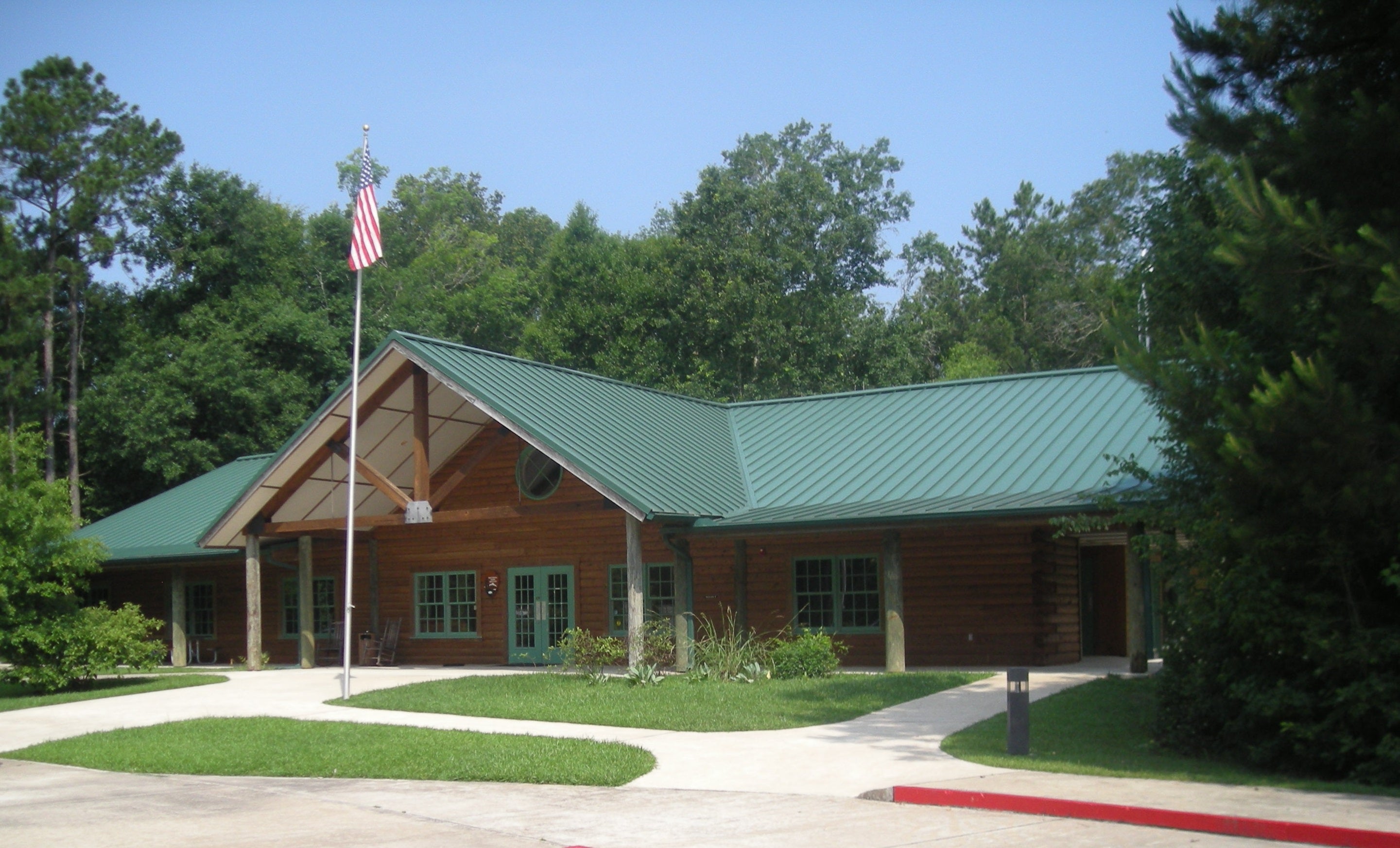Big Thicket National Preserve is modifying operations to implement latest health guidance
Published 2:07 pm Wednesday, March 18, 2020
|
Getting your Trinity Audio player ready...
|
KOUNTZE, Texas – Big Thicket National Preserve is announcing modifications to operations to implement the latest guidance from the White House, Centers for Disease Control & Prevention (CDC), and local and state authorities to promote social distancing. As of Thursday, March 19, 2020, all ranger-led programs, public events, volunteer workdays, and group programming is cancelled until further notice. At this time the preserve visitor center will remain open to the public but limited to 10 visitors at a time. In addition, park information will be made available outside the visitor center at a self-service brochure station. Due to staffing restrictions and cleaning challenges the visitor center theater will be closed indefinitely, making the park film unavailable.
Where it is possible to adhere to the latest health guidance, outdoor spaces, including hiking trails and paddling routes in the preserve, remain open and accessible to visitors. We will continue to issue back-country camping permit, as long at the visitor center is open to the public.
Information about the national preserve is always available on the preserve website at www.nps.gov/bith. You can also engage with a park ranger virtually on Facebook www.facebook.com/BigThicketNPS and Instagram www.instagram.com/
The health and safety of our visitors, employees, volunteers, and partners at Big Thicket National Preserve is our number one priority. The National Park Service (NPS) is working with the federal, state, and local authorities to closely monitor the novel coronavirus (COVID-19) situation. We will notify the public when we resume full operations and provide updates on our website and social media channels.
The NPS urges visitors to do their part when visiting a park and to follow CDC guidance to prevent the spread of infectious diseases by maintaining a safe distance between yourself and other groups; washing your hands often with soap and water for at least 20 seconds; avoiding touching your eyes, nose, and mouth; covering your mouth and nose when you cough or sneeze; and most importantly, staying home if you feel sick.
For high-risk populations, such as the elderly and people with underlying conditions, we ask that they take extra caution and follow CDC guidance for those at higher risk of serious illness.






